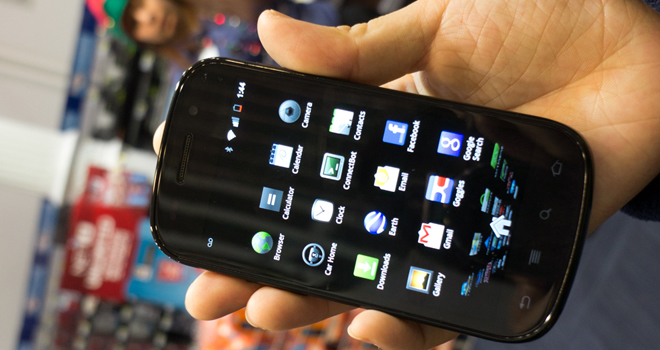Congress and the Obama administration should push wireless telecom providers to require their customers to enter personal identification numbers to access their voicemail under all circumstances, argue two prominent privacy and security experts.
It’s an easy step to take, yet only Verizon has this policy in place, note Peter Swire, a professor of privacy law and a former Clinton and Obama White House official, and Peter Soghoian, a former in-house technologist at the Federal Trade Commission.
The issue is that the other three large national carriers allow cell phone service subscribers to access their voicemails from their own phones without PINs, leaving them vulnerable to their phones being broken into. (The other three carriers are AT&T, Sprint and T-Mobile.)
The duo note that “spoofing” or faking the phone number from which you call in order to trick the other phone system into recognizing the call as being from a subscriber is easy with the proliferation of sites like Phonegangster.com.
Such a requirement wouldn’t necessarily be cumbersome for customers because many smart phones now have visual voicemail systems that allow subscribers to store their PINs on their handsets, they argue.
As smartphones take over the market and visual voicemail becomes the norm, it is inexcusable for the carriers to continue to leave their voicemail systems open to hackers as unskilled as Paris Hilton, who broke into actress Lindsey Lohan’s voicemail in 2006. The Murdoch scandal alone will alert “copy cat” hackers of how easy it is to break into many Americans’ voicemail.
While the policy recommendation might sound a little heavy handed, like a lot of issues in privacy and security, it’s the defaults and everyday routines that make a world of difference when unforeseen circumstances crop up.
For example, it’s not hard to imagine domestic violence and stalking situations in which one party breaks into the other’s voicemail to try and keep track of what the other person is doing.
There are plenty of situations in which obsessed stalkers use technology to keep track of and snoop on their targets.
If people are generally unaware that others can easily access their voicemail, they’re open to abuse.









